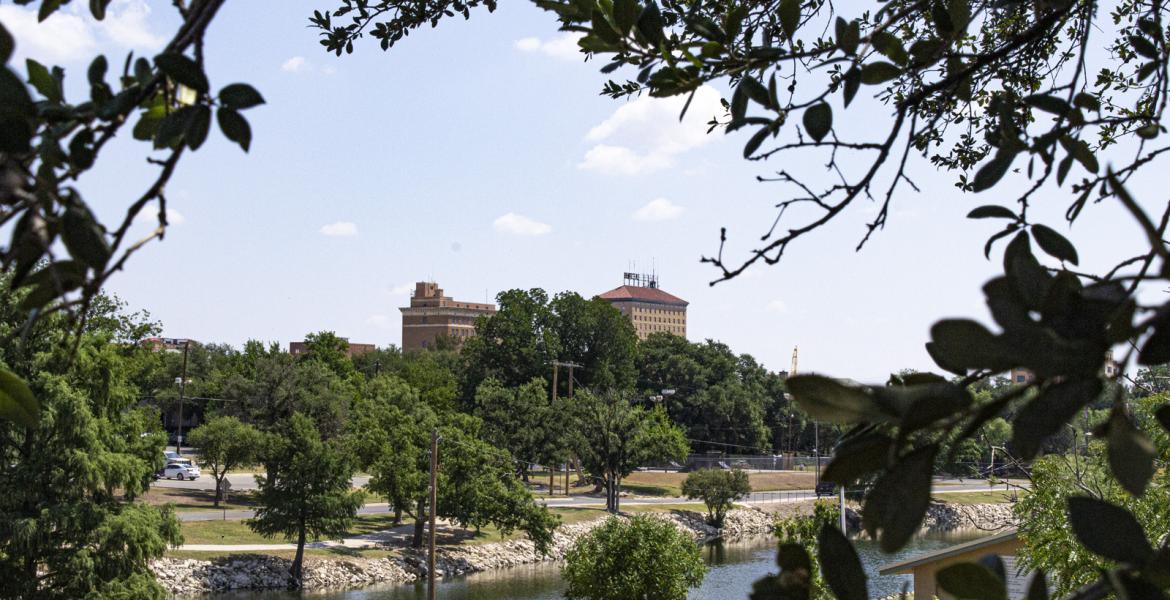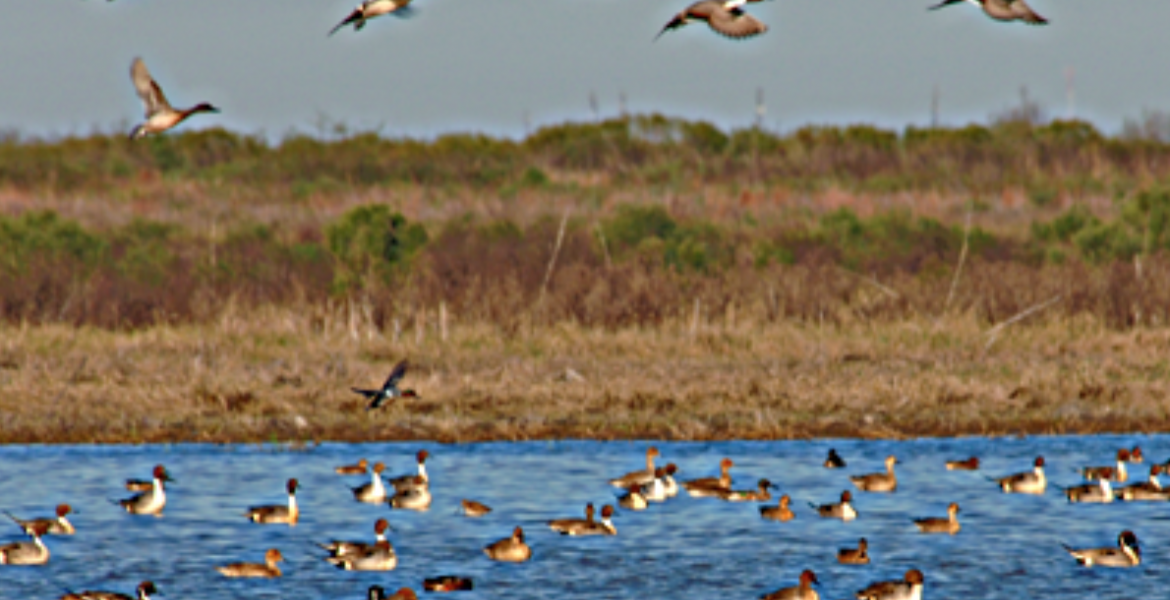AUSTIN – With millions of ducks in the Central Flyway and promising conditions in many parts of the state, Texas Parks and Wildlife Department (TPWD) biologists suggest these factors could indicate a good waterfowl season is ahead for Texas Hunters.
For the second straight year, the May Breeding Waterfowl Survey was cancelled due to COVID-19 concerns in both the United States and Canada. Instead, TPWD biologists largely relied on fellow biologists in the breeding grounds of Canada and the United States prairie states to help with the Texas forecasts for this season.
“Duck production in prairie potholes of North Dakota, South Dakota, Saskatchewan, and Alberta were reported to be below average due to extensive drought this summer,” said Kevin Kraai, TPWD Waterfowl Program Leader. “With that said, there are still millions of ducks in the Central Flyway and we are on the heels of multiple excellent breeding seasons for ducks over the last few years.”
The special youth-only duck season occurs in the High Plains Mallard Management Unit Oct. 23 - 24, followed by youth-only duck season in the South Zone Oct. 30 – 31 and the North Zone Nov. 6 - 7. Regular duck season in the High Plains Mallard Management Unit opens Oct. 30, in the South Zone on Nov. 6 and the North Zone on Nov. 13. Consult the 2021-22 Outdoor Annual, which was made possible in part by support from Chevy Silverado, for other season dates and bag limits, including those for “Dusky” duck.
“We are already hearing good reports of birds building in many of flooded rice fields and coastal marshes along the Texas coast,” Kraai added. “Most successful hunters will be mobile and always have been. Hopefully, we will continue to see more great cold fronts, lots of cold temperatures and snow to the north of us, and frequent and timely rainfall to attract more birds to Texas.”
Coastal Texas has experienced many extended periods of rainfall, as well as periods of dryness, this summer and early fall. Overall, conditions are in better than average condition across much of the coast. Landowners and managers are currently busy pumping and managing water, and growing foods in the rice prairies. Ducks and geese will concentrate quickly on these locations and hunting success should be excellent in these areas.
East Texas has seen above average rainfall most of the summer. Soil moisture is high and any new rainfall this winter will begin to pond quickly creating conditions important to duck populations. Reservoirs are higher than normal for this time of year and the shallow shorelines and river mouths will be a big draw to ducks very soon.
The playa wetlands of the Panhandle experienced a greater amount of rainfall this summer compared to 2020. Unfortunately, some of the hottest and driest weather of the season was in late August and September. Temperatures exceeding 100 degrees, coupled with high winds, has caused a loss in surface water over the last few weeks. Canada geese will likely still be abundant in this area due to their newfound attraction to waters in urban areas. Hunters hunting grain fields closest to towns with multiple city lakes and ponds will have higher success.
Habitat conditions in the Winchester Lakes region in Knox and Haskell counties are once again very good. This area had timely rain events and many of the natural wetlands are currently holding water. This water, mixed with the grain and peanut fields in the area, will be a huge draw for tens of thousands of small Canada geese and white-fronted geese. Hunters visiting the region this winter will see quite a show.
Early reports from Canada indicate the light goose and white-fronted goose hatch may be better than previous years. Light and dark goose season starts in the East Zone on Nov. 6 and Nov. 13 in the West Zone. The light geese conservation order season begins in the East Zone on Jan. 31, 2022 and on Feb. 14, 2022 in the West Zone. More information regarding seasons and daily bag limits can be found in the Outdoor Annual.
Hunters should purchase their new 2021-22 Texas hunting license prior to hitting the field. In addition, waterfowl hunters must have a migratory game bird endorsement, federal duck stamp, and be Harvest Information Program (HIP) certified. Biologists note the importance for those purchasing a hunting license to answer HIP survey questions correctly as these surveys allow biologists to get an accurate sample of hunters so harvest surveys can be delivered to hunters later in the year from the U.S. Fish and Wildlife Service.
It’s also required by law for hunters to have proof of their completion of a hunter education course.
Anyone hunting on Texas Public Hunting Lands are also required to purchase an Annual Public Hunting Permit. Texas has more than 1 million acres of land accessible to the public. More information about these lands and locations can be found on the TPWD website. Hunters using public lands can complete their on-site registration via the My Texas Hunt Harvest app.
Subscribe to the LIVE! Daily
Required






Post a comment to this article here: